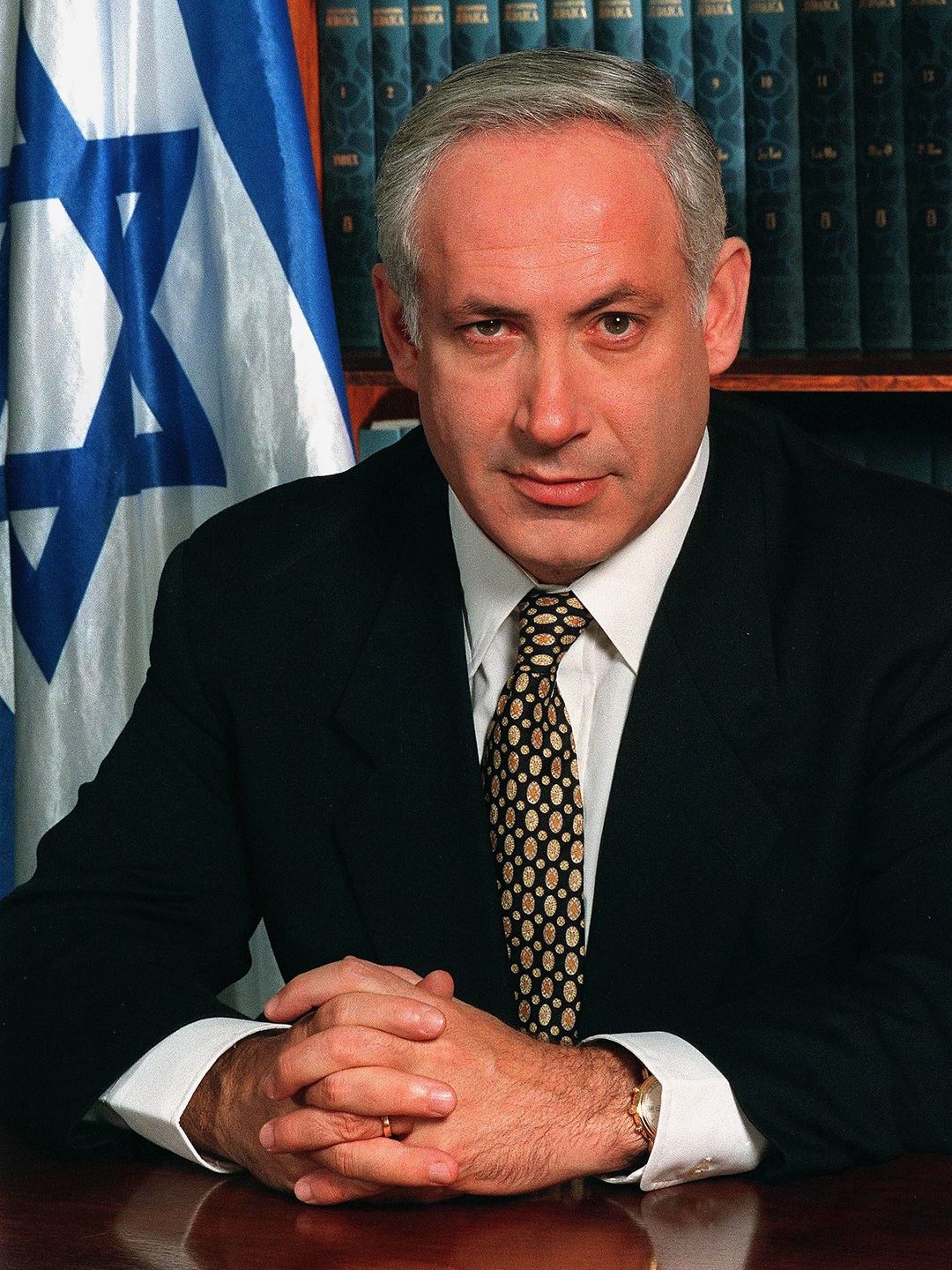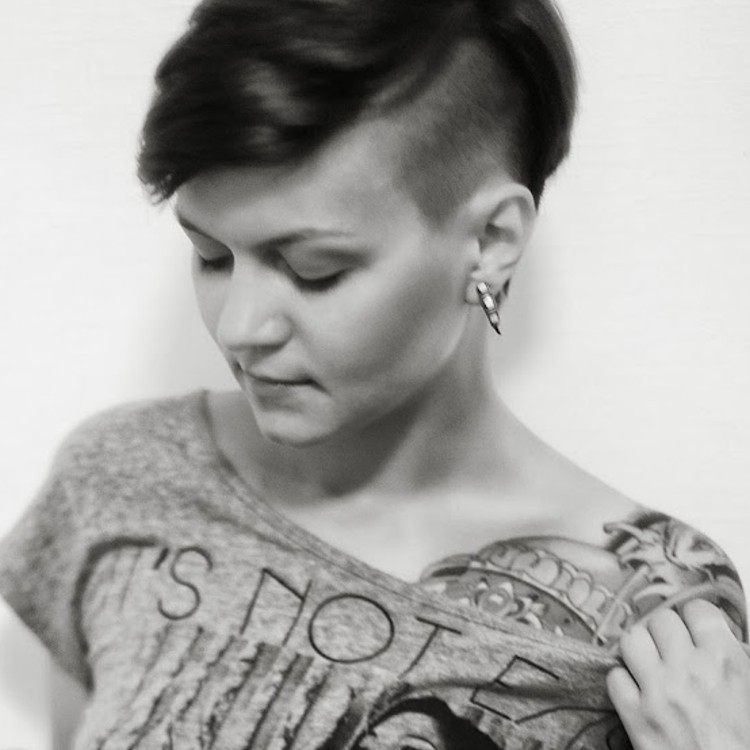Biography of Benjamin Netanyahu
Israeli Prime Minister Benjamin Netanyahu, a fierce anti-terrorism advocate, first took office in 1996 as the youngest prime minister in the nation's history. He also holds the record for serving longer as prime minister than the nation's founding father, David Ben-Gurion—from 1996 to 1999, 2009 to 2021, and 2022 to the present.As leader of the Likud party, Netanyahu has never shied away from his conservative views. Known to Israelis as "Bibi," he's been both beloved and reviled throughout the country. Critics have slammed him for failing to advance Israeli-Palestinian peace efforts, pushing controversial reforms, cozying up to Russia, and straining ties with the US.
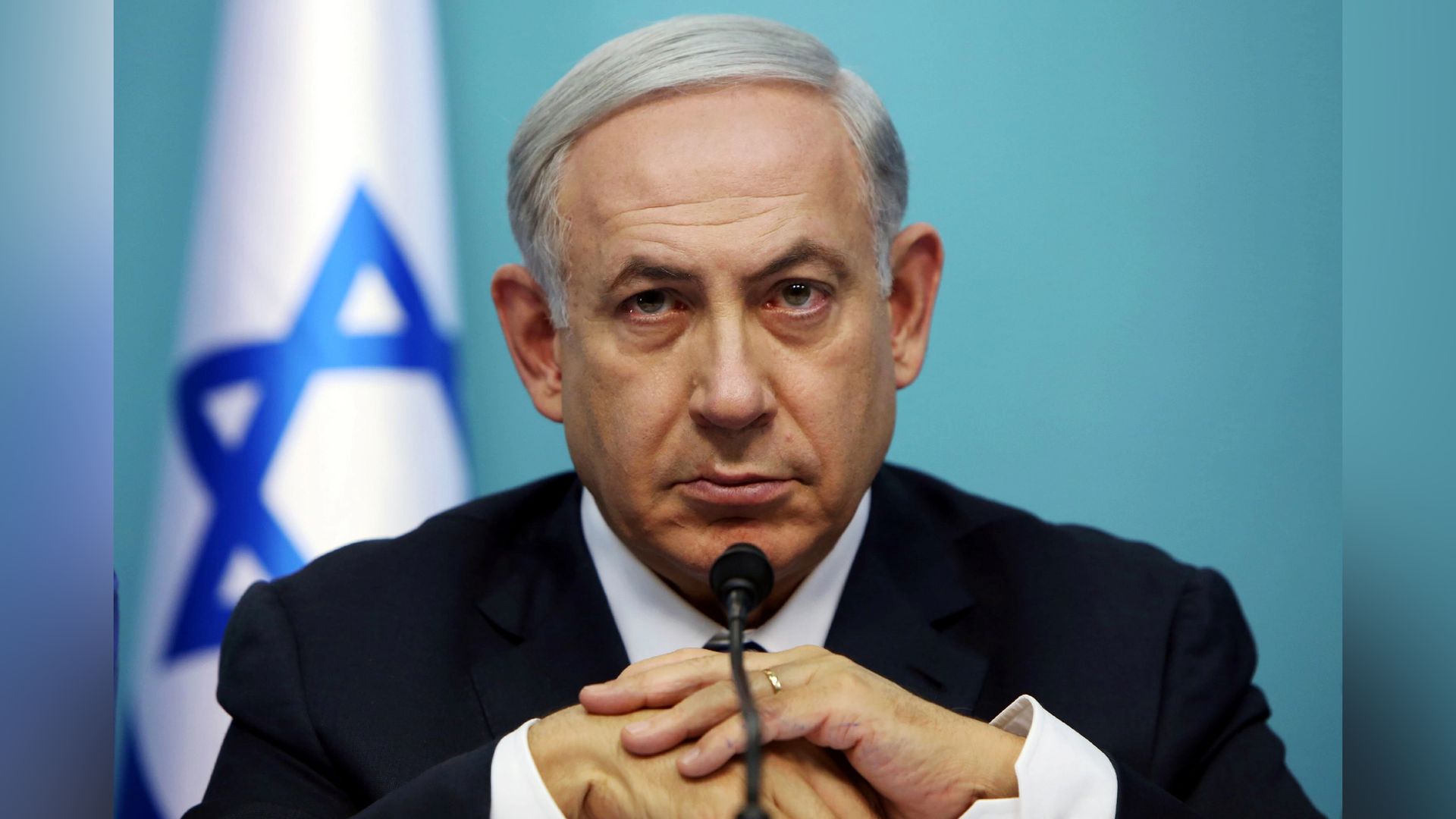
Childhood and Family
Benjamin Netanyahu was born on October 21, 1949, in Tel Aviv. His father, history professor Benzion Netanyahu from Warsaw, worked as personal assistant to Ze'ev Jabotinsky, a conservative writer and publicist. Jabotinsky's works formed the foundation of the Likud party's beliefs, which the politician would later lead.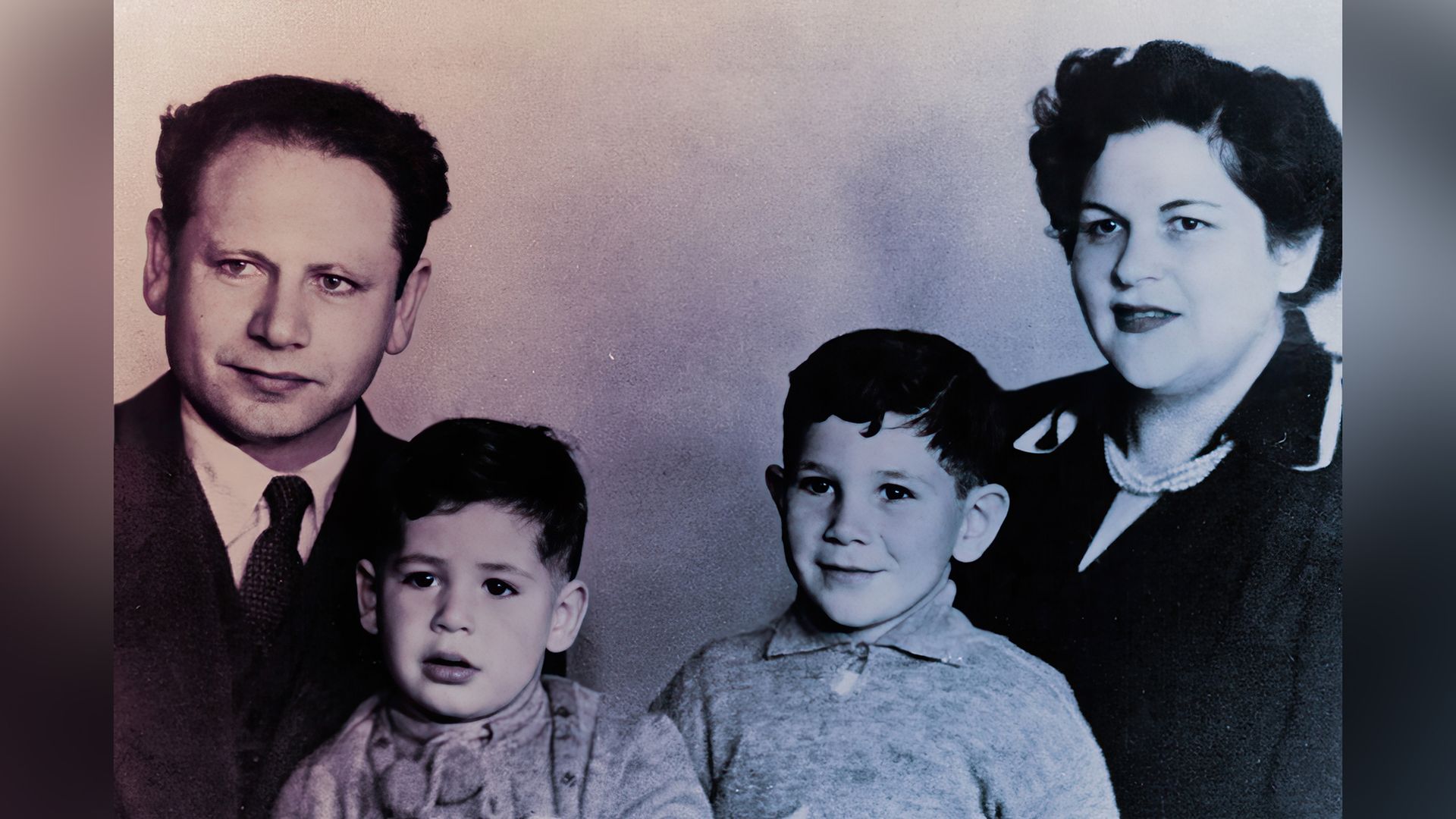
Benjamin's mother, Tzila Segal, was born in Petah Tikva. She met her future husband while studying in Palestine, and the couple married in 1944.
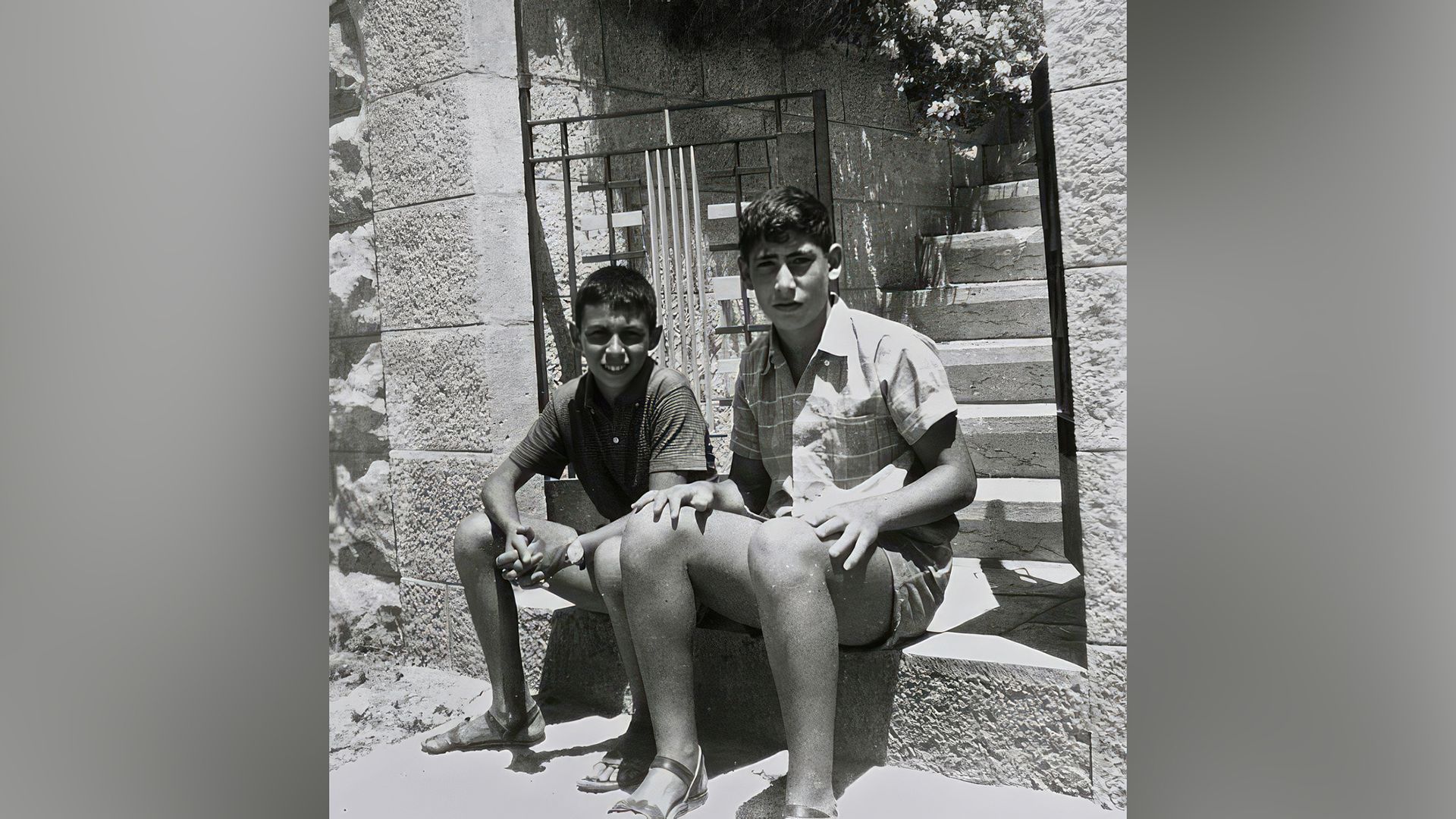
Benjamin spent his first 15 years essentially living between two countries, as his father taught in the US. It was also in the US that he completed high school in 1967.
Military Service and Education
After graduation, he returned to Israel to serve in the Defense Forces. Netanyahu joined the "Sayeret Matkal", an elite special reconnaissance unit. With this unit, Benjamin participated in several operations in foreign territories, including Lebanon and Azerbaijan. He also fought in the Six-Day War in the Middle East.In 1969, during Operation "Bulmus-4", Netanyahu narrowly escaped drowning when his heavy backpack nearly pulled him underwater during a boat attack. Three years later, Benjamin was wounded while helping free a plane from terrorists. A few months later, he completed his service with the rank of captain.
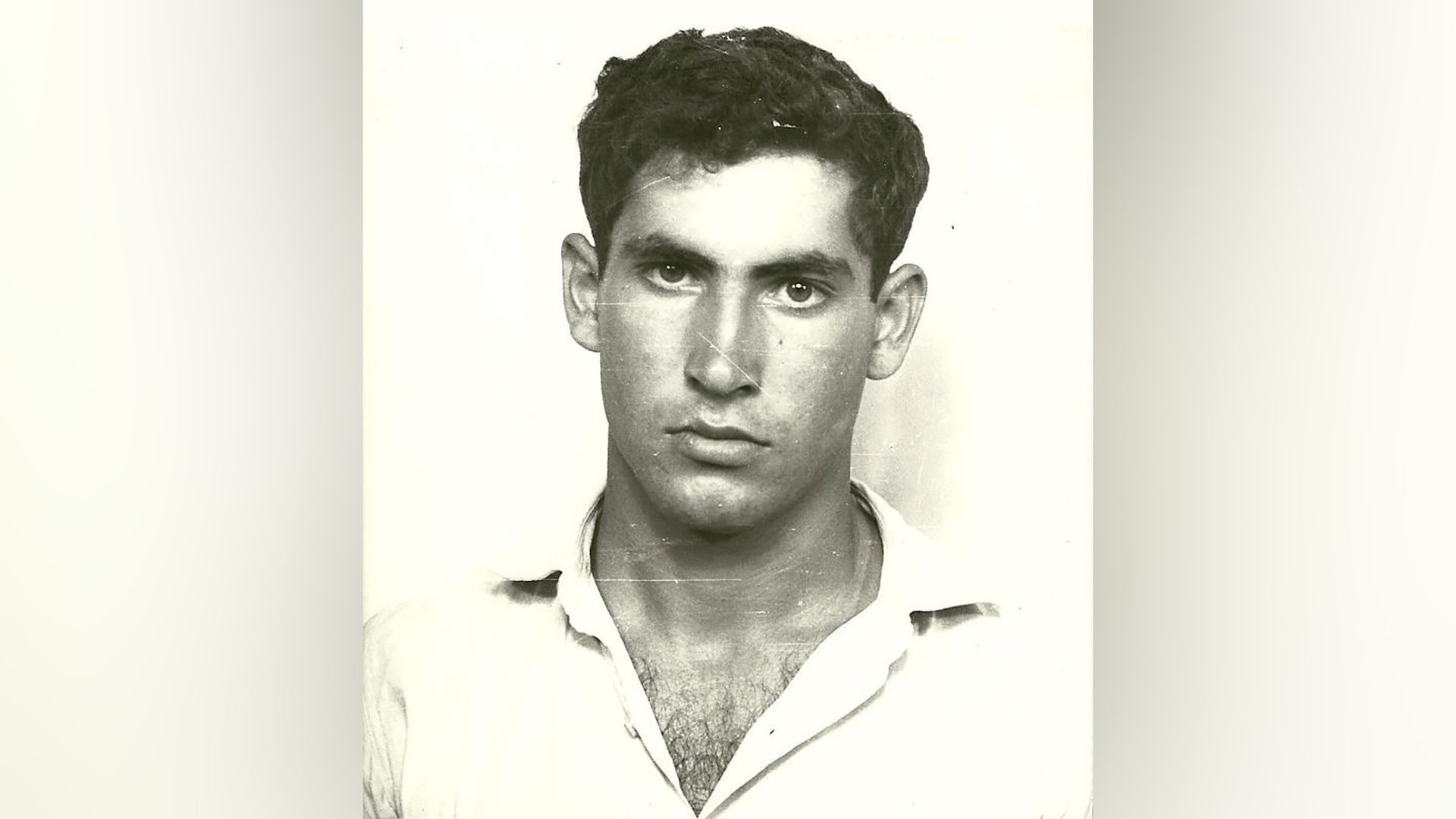
He graduated from MIT in 1975 with a bachelor's degree in architecture. A year later, he also earned a master's degree in management. Benjamin then continued his studies in political science at Harvard. He financed his studies by working at a consulting firm in Boston.
First Steps in Politics
In 1977, Netanyahu returned to Israel. Initially, he earned a living as the head of marketing for a furniture company. But he was always drawn to public and political activism.Coming from a family with strong literary talent, Benjamin also had a flair for writing. He wrote articles for major publications including "The Washington Post," "Time," "The New York Times," "Le Monde," and others. He also founded the "Jonathan Netanyahu Anti-Terror Institute," where he started organizing thematic conferences worldwide.
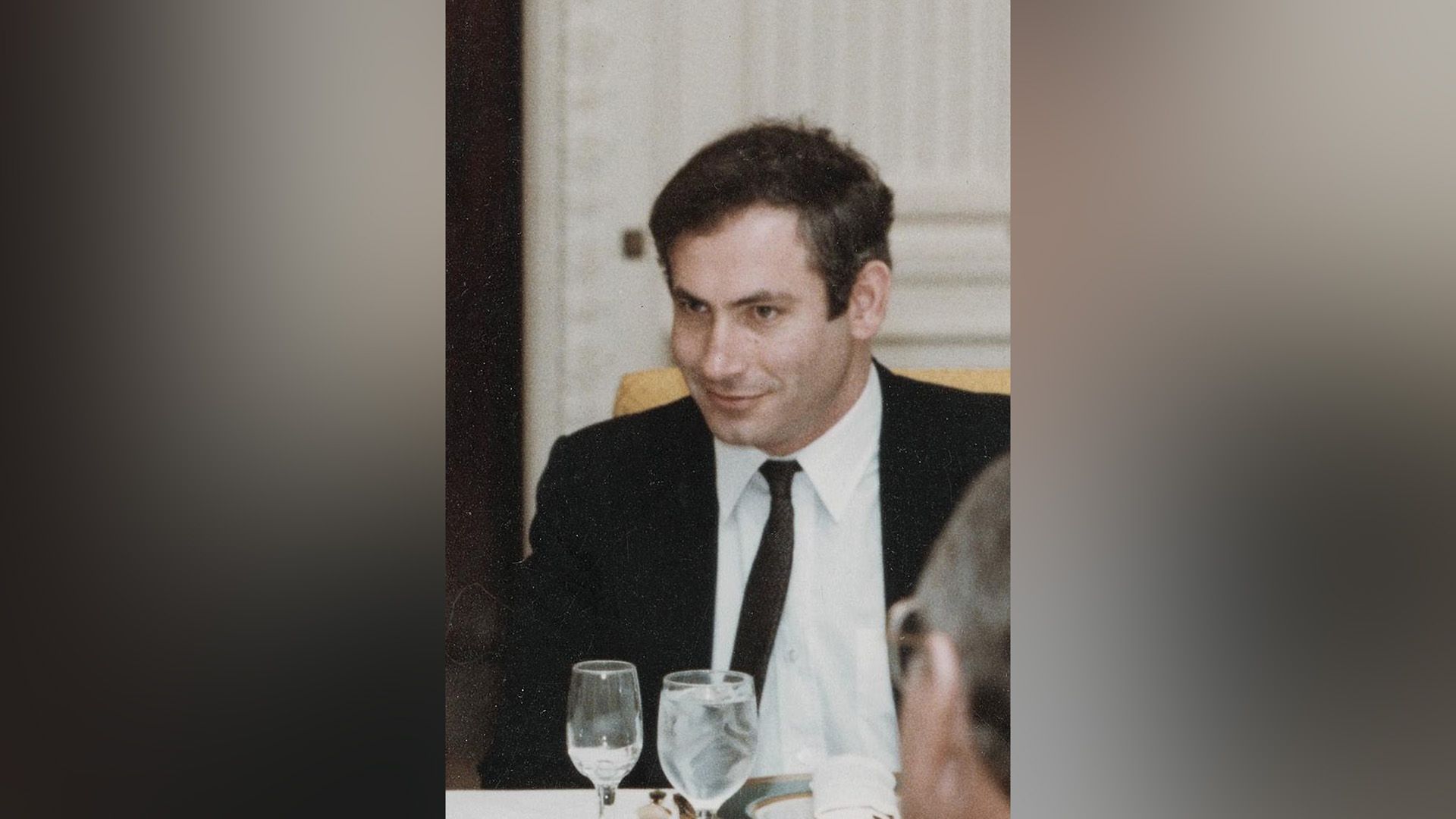
He served as Israel's Consul General in the US for two years, then became the country's ambassador to the UN. He held this position until 1988, working on archives that revealed the Nazi sympathies of former UN Secretary-General Kurt Waldheim. Even then, Netanyahu established himself as a distinguished orator.
First Term as Prime Minister
In 1988, Benjamin Netanyahu returned to Israel to launch his political career. He won a seat in the Knesset (Israeli parliament) for the conservative "Likud" party and was appointed the country's Deputy Foreign Minister.Four years later, when party leader Yitzhak Shamir resigned, Netanyahu seized the opportunity to take his place, becoming the leader of the opposition in the Knesset. Under his leadership, the Likud party stood firmly against Arab terrorism and troop withdrawal from the Gaza Strip.
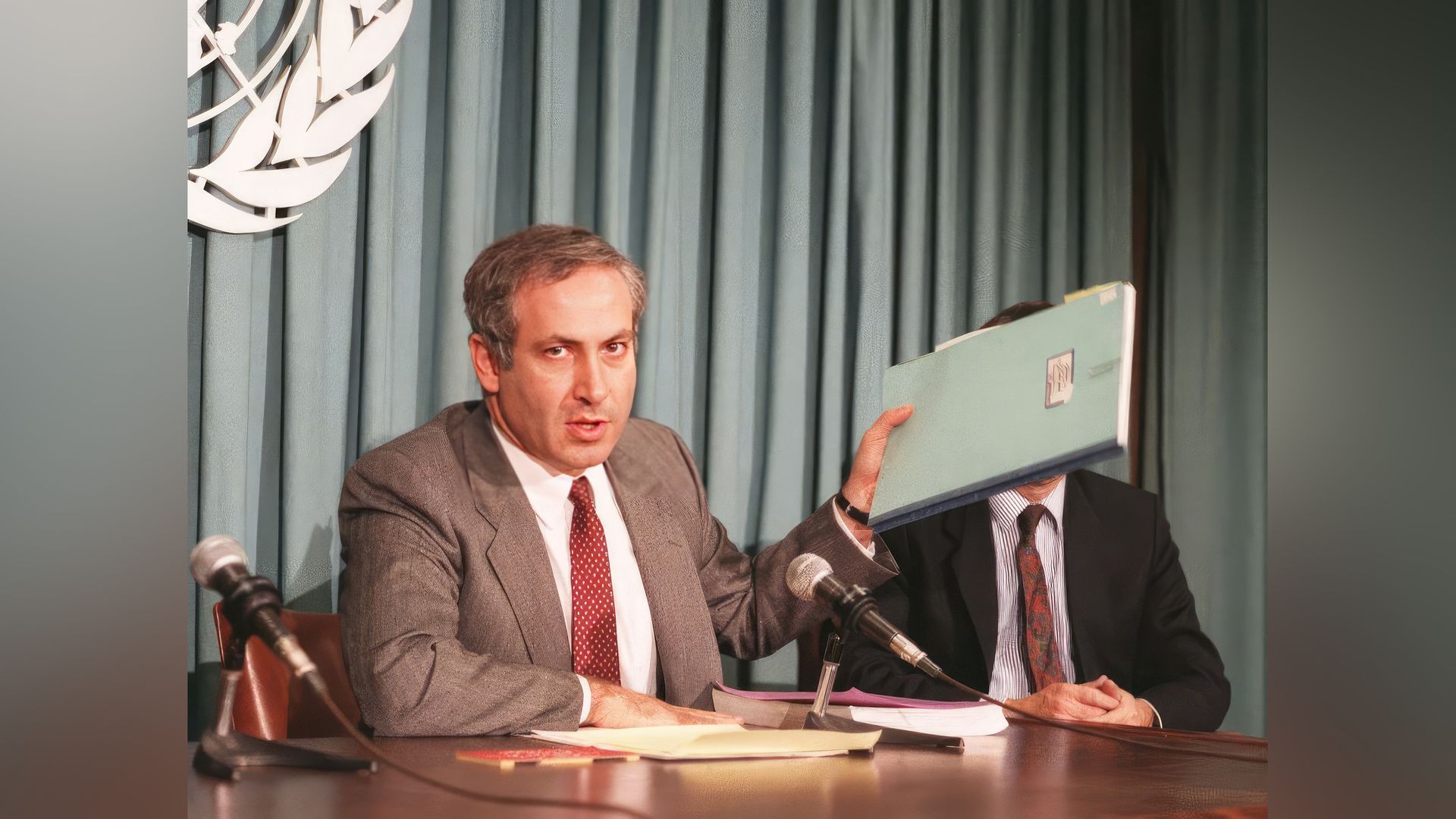
But his Likud party couldn't secure a parliamentary majority, forcing Netanyahu to work throughout his first term with deputies whose views directly clashed with his own.
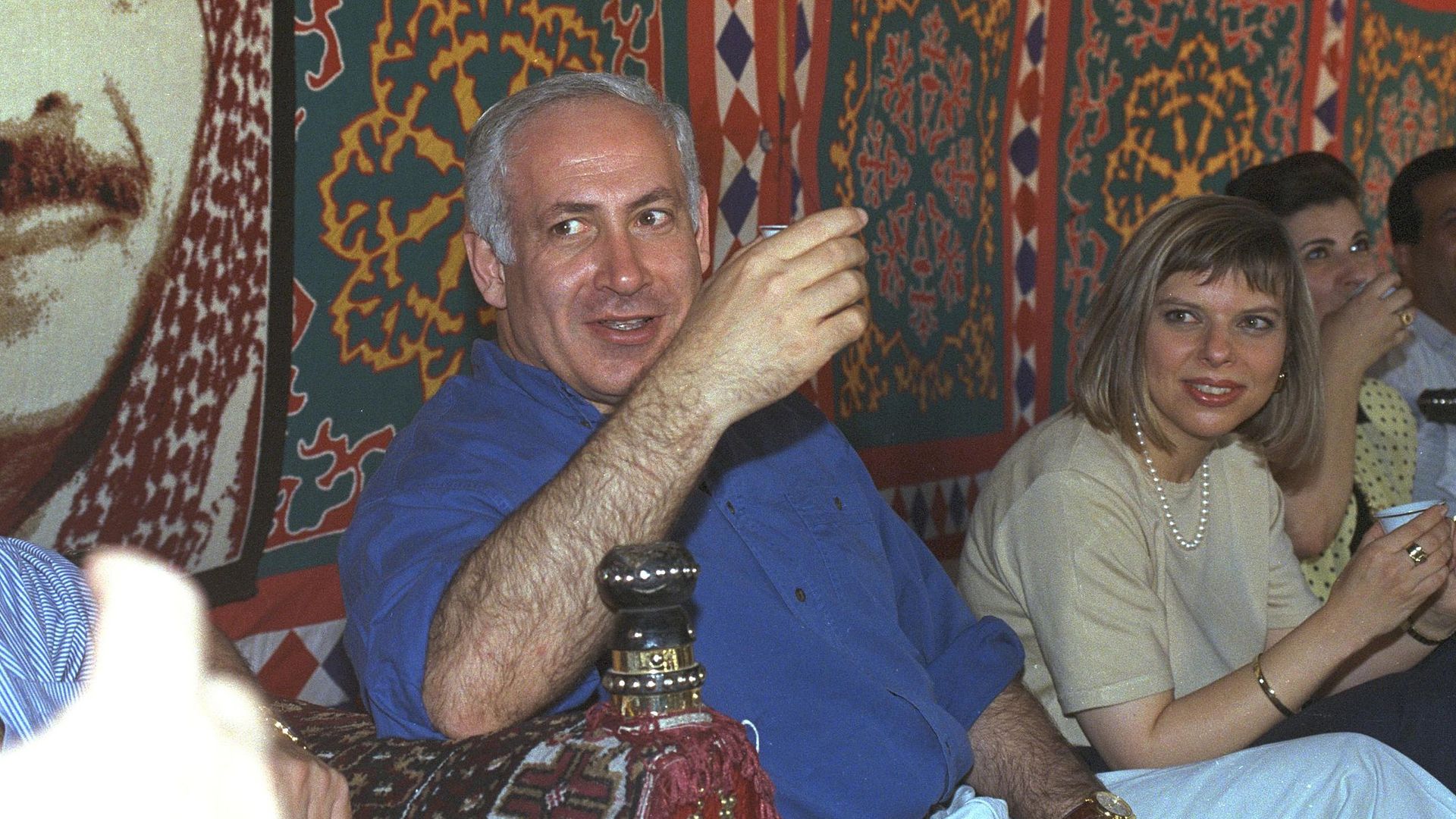
Beyond tackling the long-standing Arab-Israeli conflict, Netanyahu set his sights on strengthening the country's economy. He focused on the high-tech sector and promoted free enterprise.
But some of his decisions sparked public backlash. A botched Mossad assassination attempt on terrorist Khaled Mashal in 1997 severely damaged Israel's relations with Jordan. Netanyahu and his political allies had to personally step in to address the crisis.
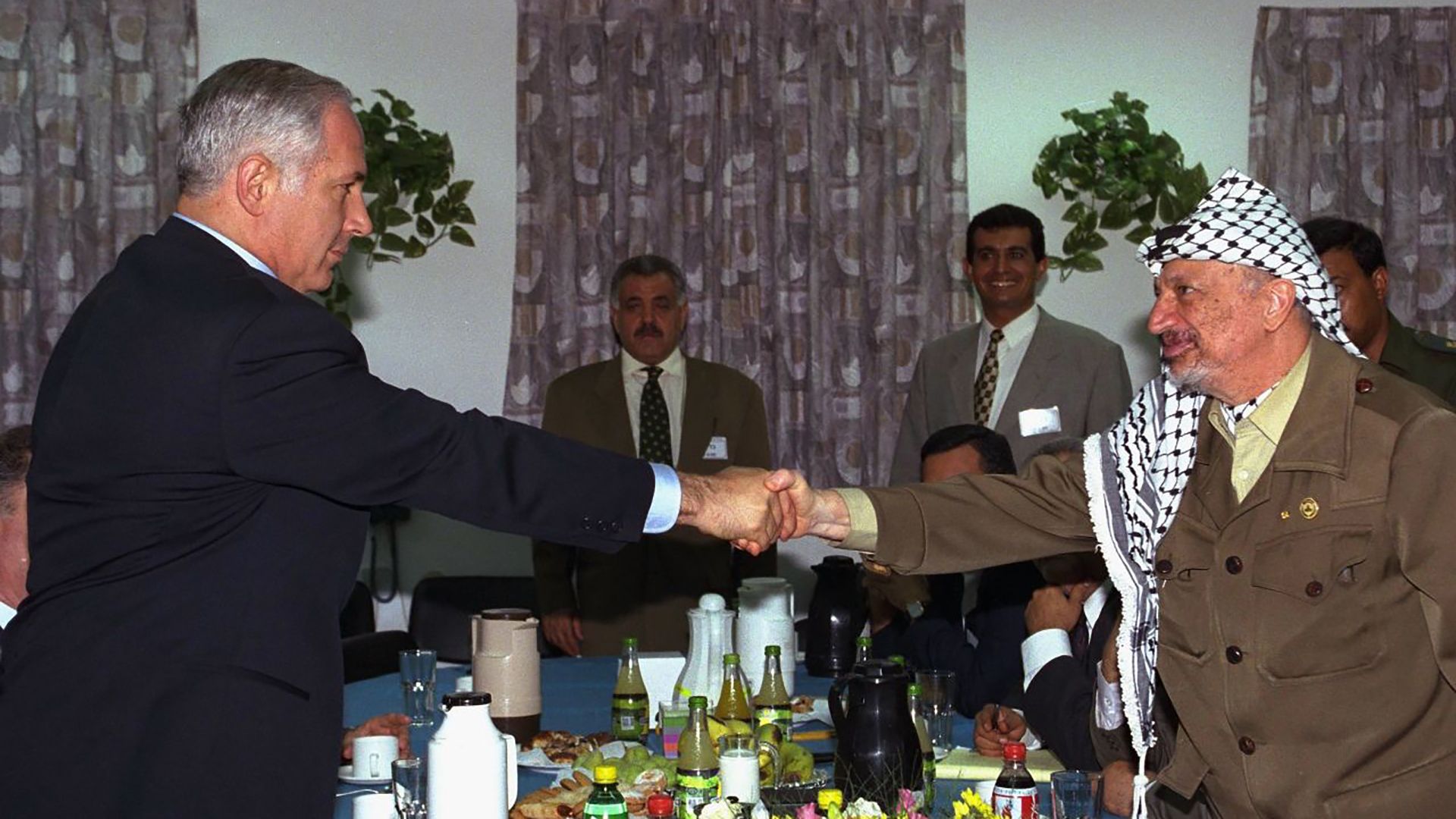
The mounting pressure led to early elections in 1999, where Netanyahu lost to Ehud Barak.
Further Political Career
Following his electoral defeat, Benjamin Netanyahu stepped back from politics and traveled the world as a high-tech business consultant, delivering lectures. In 2001, Ehud Barak resigned as Prime Minister. But Netanyahu opted out of the elections and even turned down the opportunity to lead the "Likud" party.Ariel Sharon became the new Prime Minister. In 2002, he appointed Netanyahu as Foreign Minister and, a year later, as the Finance Minister. In this position, Netanyahu concentrated on slashing government spending, overhauling the pension system, and cutting taxes.
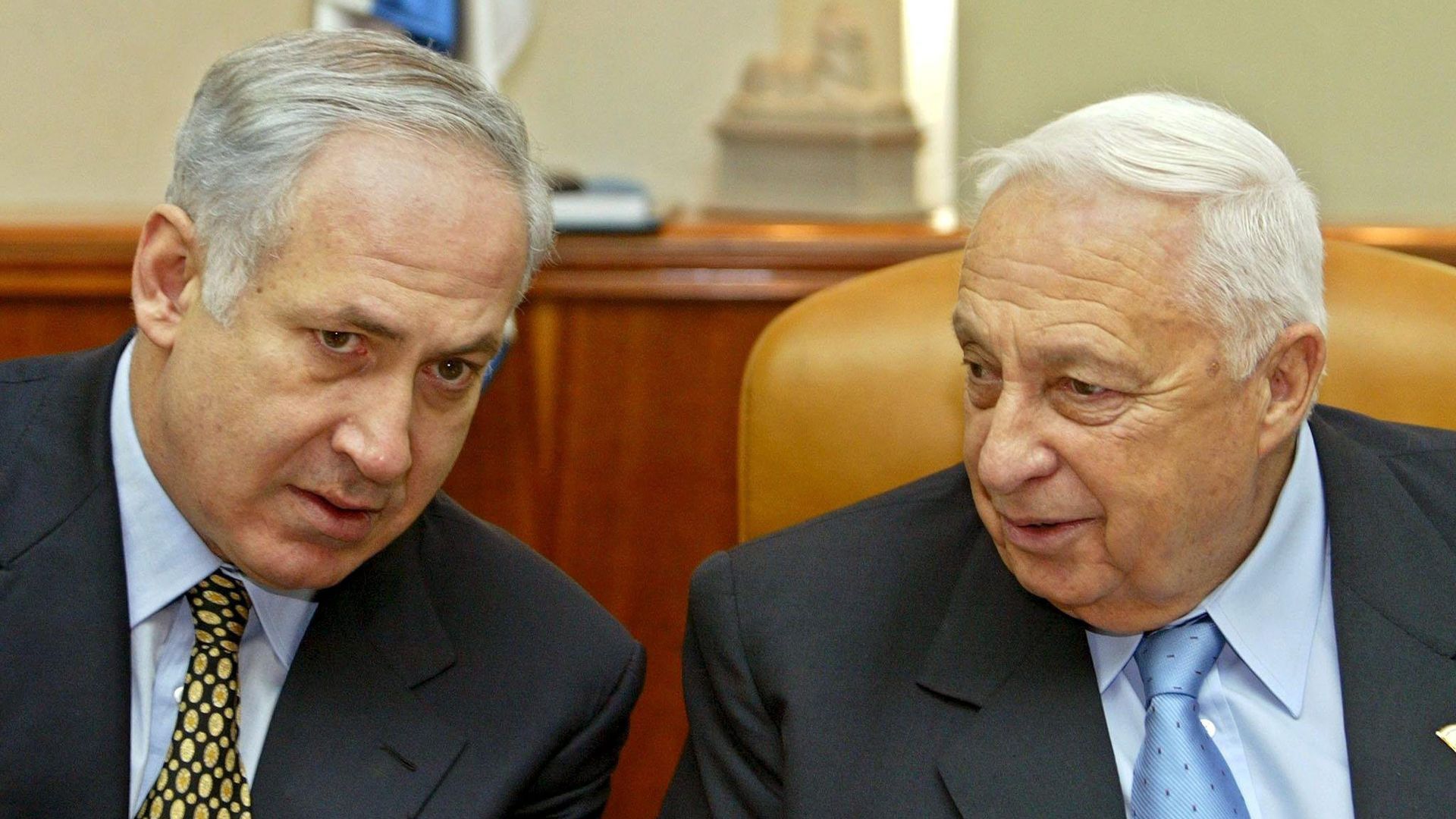
After another three years, parliamentary elections took place. "Likud" came in second, losing to the young liberal party "Kadima". But its leader, Tzipi Livni, couldn't lock down support from Knesset members, so Israel's President Shimon Peres handed Netanyahu the job of forming a government. He assembled the largest cabinet with 39 ministers.
During this time, Hillary Clinton, Secretary of State under the Barack Obama administration, visited Israel. She advocated for the creation of a Palestinian state, a move opposed by Netanyahu and his coalition.
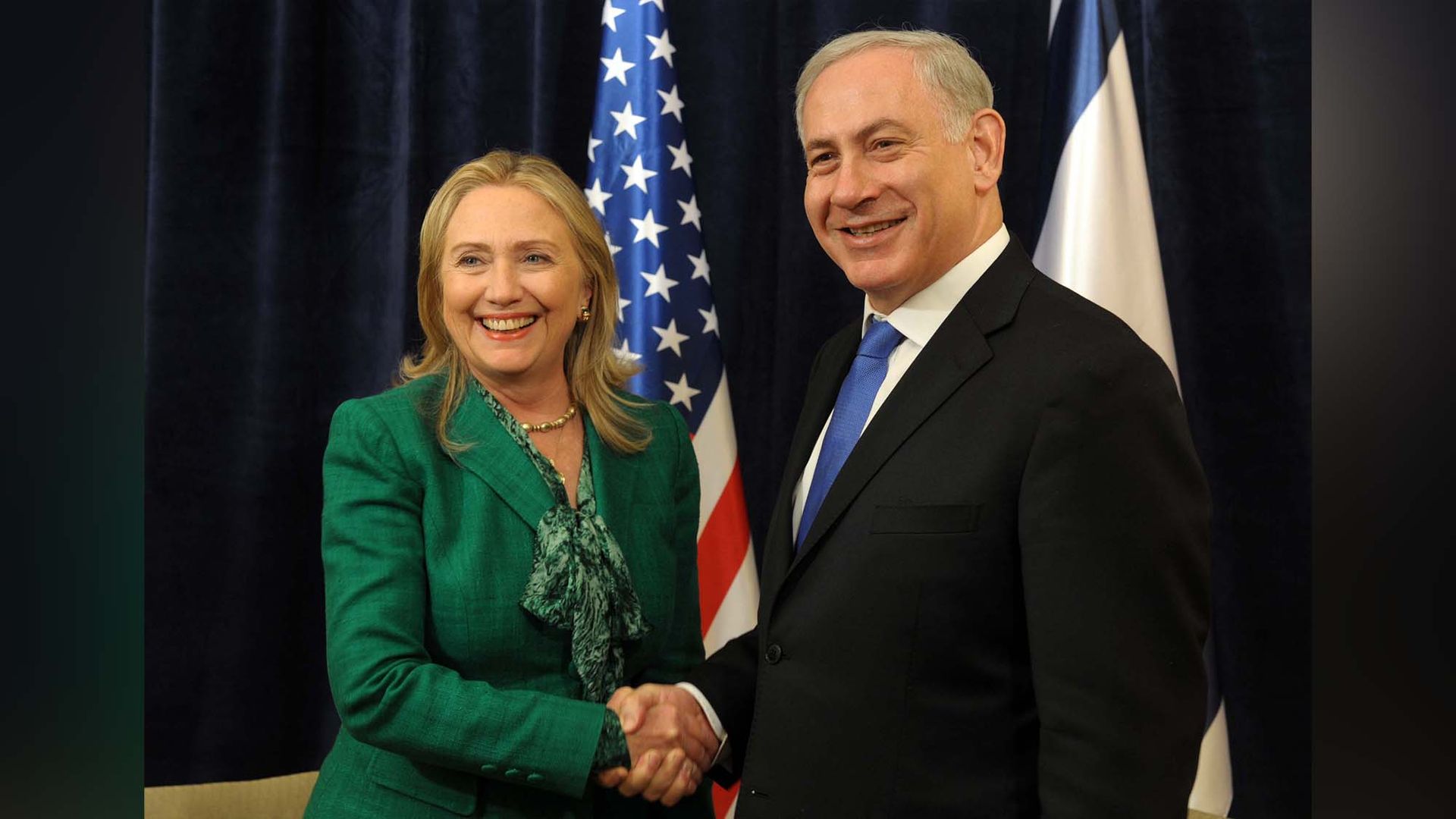
Back in the Prime Minister's Office
In 2009, Benjamin Netanyahu returned as the country's Prime Minister. Around that time, US President Barack Obama pressed the Israeli government to resolve all conflicts with the Arabs within two years. Netanyahu's proposed plan called for severely limiting Palestinians' rights and their complete demilitarization.The politician would only recognize an independent Palestinian state if the Arabs acknowledged Israel as the national home of the Jewish people. As a result, relations between the two peoples only got worse.
In 2012, Netanyahu was re-elected as Prime Minister. Two years later, he initiated a military operation in the Gaza Strip in response to missile attacks on Israel. This put a strain on the relationship between the Prime Minister and the Obama administration.
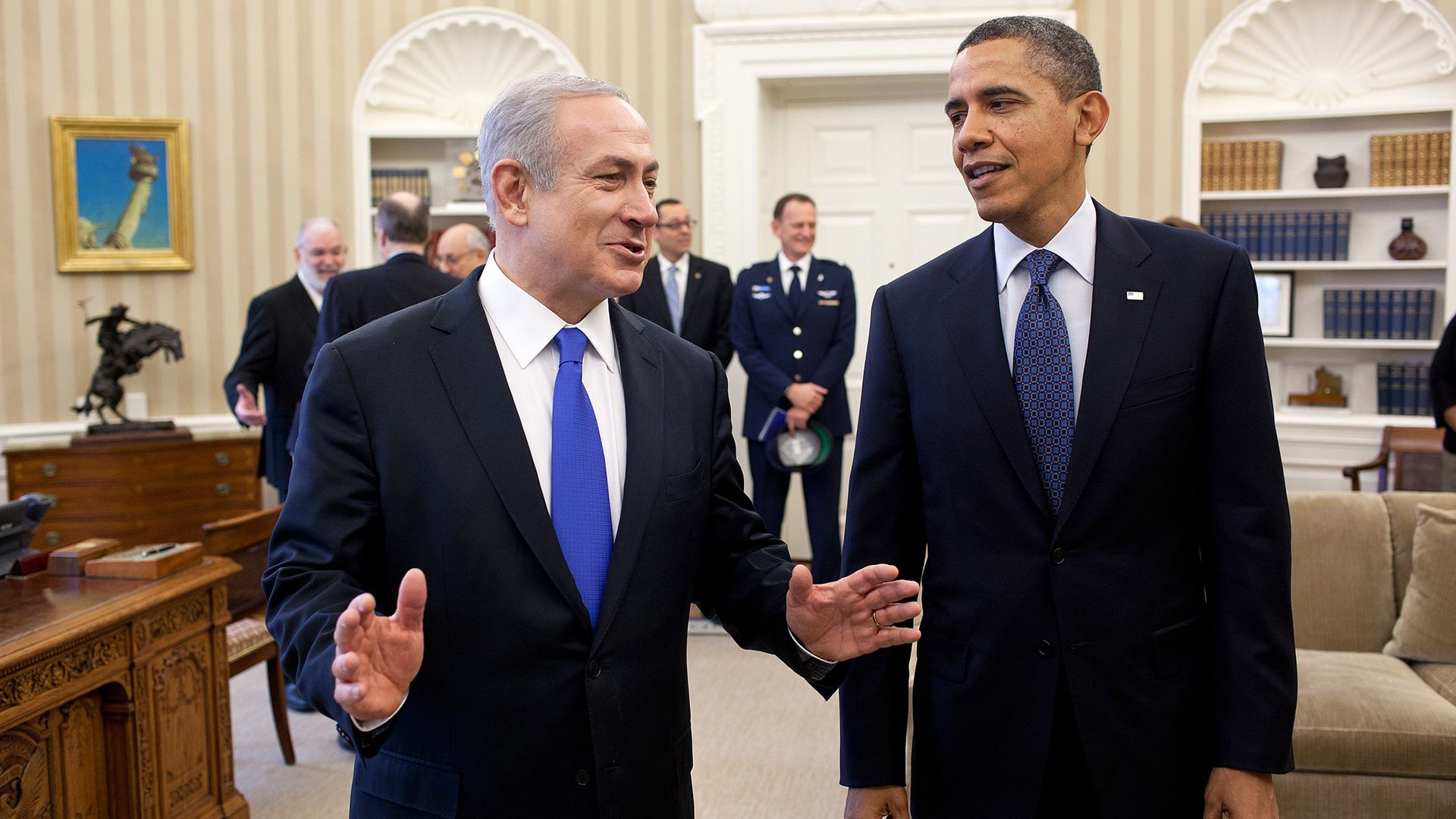
His growing closeness with Russia also raised concerns. Benjamin regularly met with Vladimir Putin to discuss joint efforts against international terrorism.
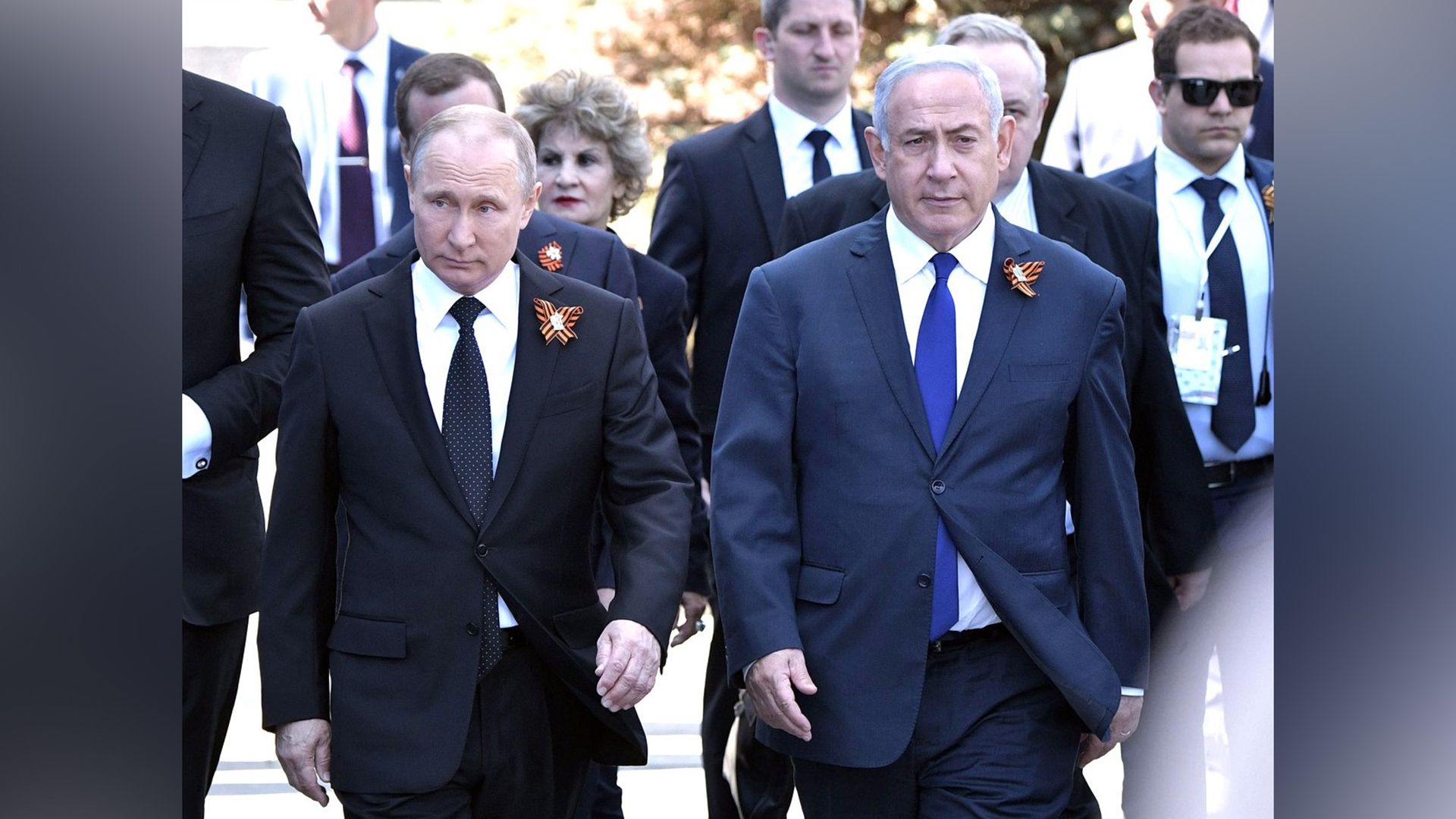
In 2019, a new political crisis hit Israel that would last three years, leading to the Knesset being dissolved. In the elections, the "Likud" party secured the majority. But Netanyahu couldn't form a coalition either time. Snap elections occurred in 2020, and Benjamin returned to the Prime Minister's office. By 2021, four major agreements had been signed - the "Abraham Accords" - aimed at normalizing relations between Israel and Muslim countries like Bahrain, Morocco, Sudan, and the UAE. The Prime Minister personally advocated for these agreements.
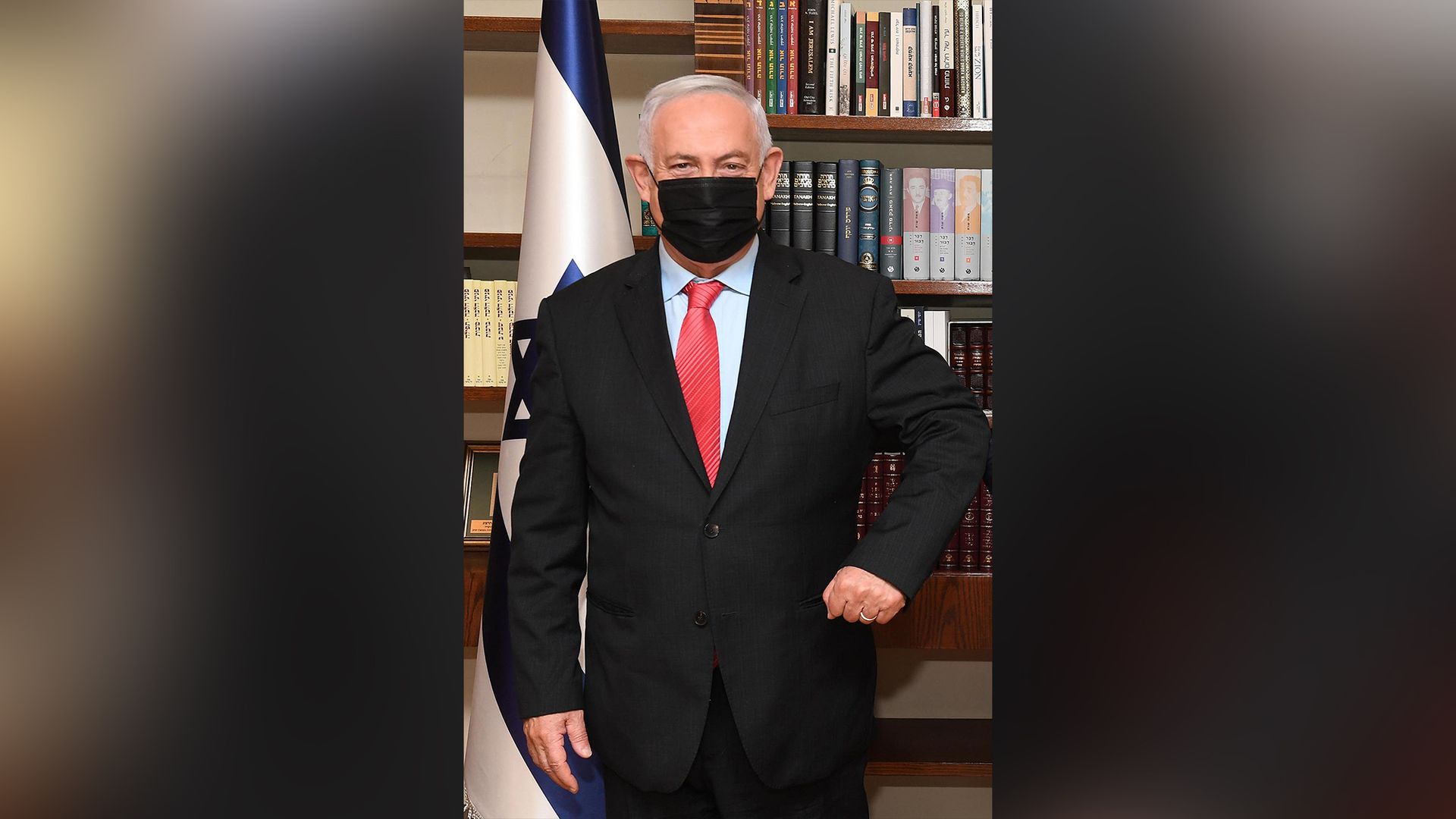
Netanyahu's new term got off to a rocky start. His judicial reform sparked fierce public backlash. Critics argued his proposals trampled workers' rights, undermined democratic principles, and damaged Israel's international reputation. Major protests erupted in cities across the country in March.

Criminal Cases Against Netanyahu
The Israeli press first raised allegations against Benjamin Netanyahu back in 1999. Those explosive reports led police to suspect the politician of corruption and breach of trust. But the case never reached court back then.Then in 2020, a major trial kicked off, tackling multiple cases against the Prime Minister. Take "Case 1000" – it centered on pricey gifts Netanyahu allegedly accepted from wealthy friends in exchange for political favors. Investigators claim that in return for these gifts, Netanyahu helped Hollywood producer Arnon Milchan's business interests.
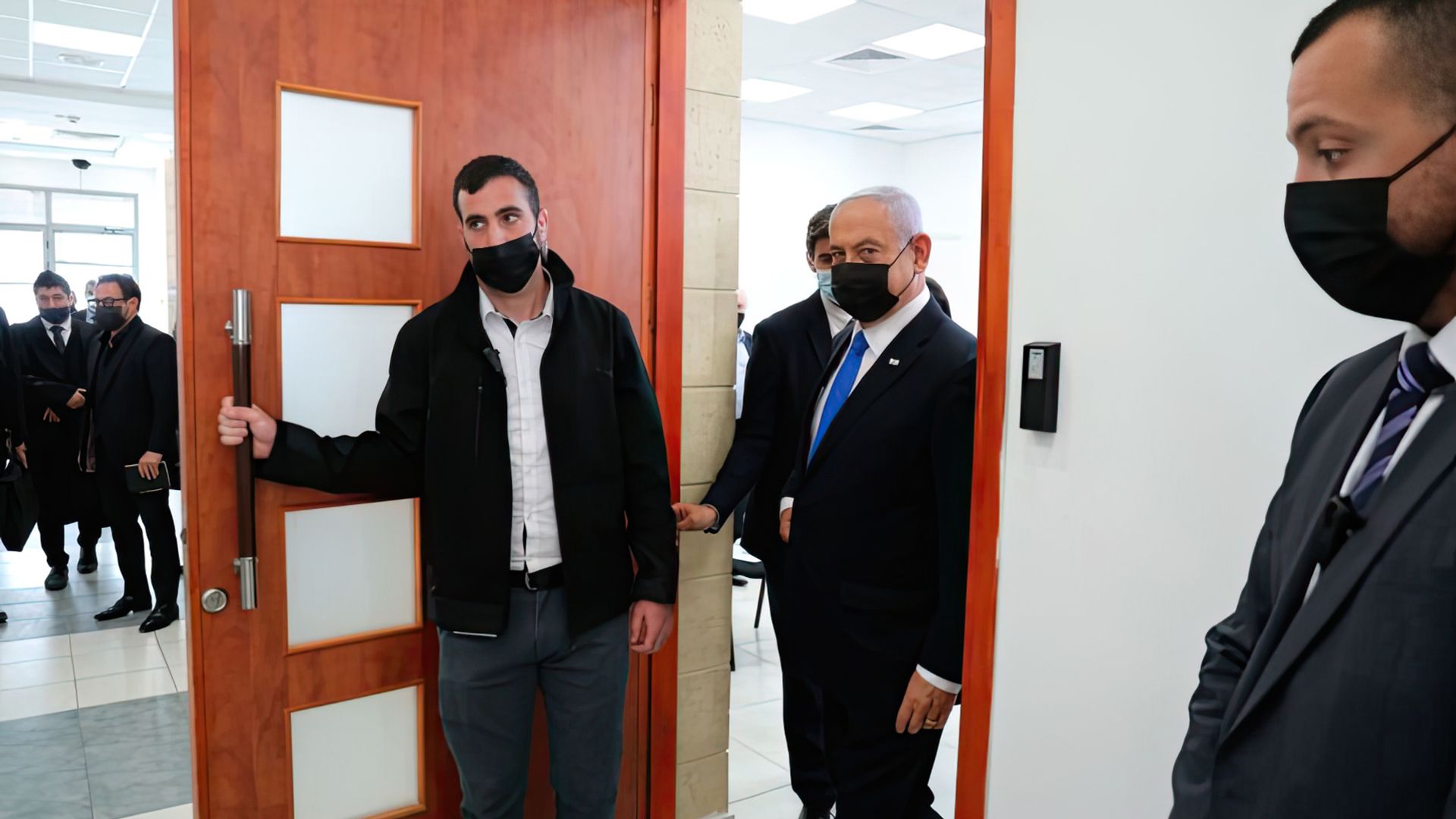
The most serious charges – bribery – surfaced in "Case 4000." Netanyahu allegedly pushed for a telecom company merger while securing favorable coverage on the Walla! news site.
Netanyahu has denied all the charges. The hearings are still ongoing.
Benjamin Netanyahu's Personal Life
Benjamin Netanyahu's first wife was Miriam Weizman, a chemist. The couple met in Israel, and Miriam later followed Netanyahu to the US. They married in 1974 and had a daughter named Noa in 1978. But their marriage didn't last long.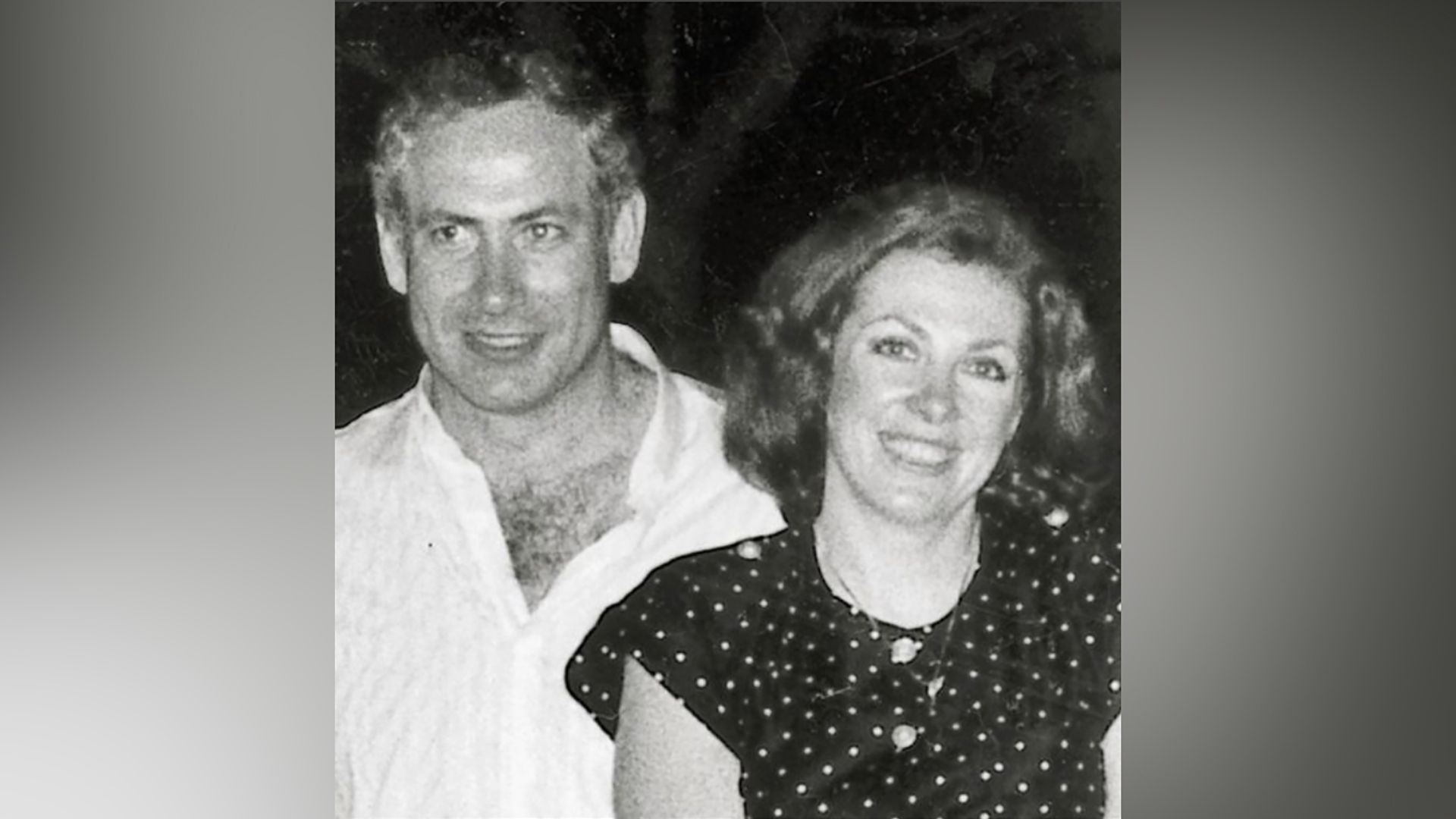
Netanyahu didn't stay single for long. In 1991, he married Sara Ben-Artzi, a former flight attendant who later earned a master's degree in psychology. Sara gave birth to their son Yair, and three years later, another boy named Avner.
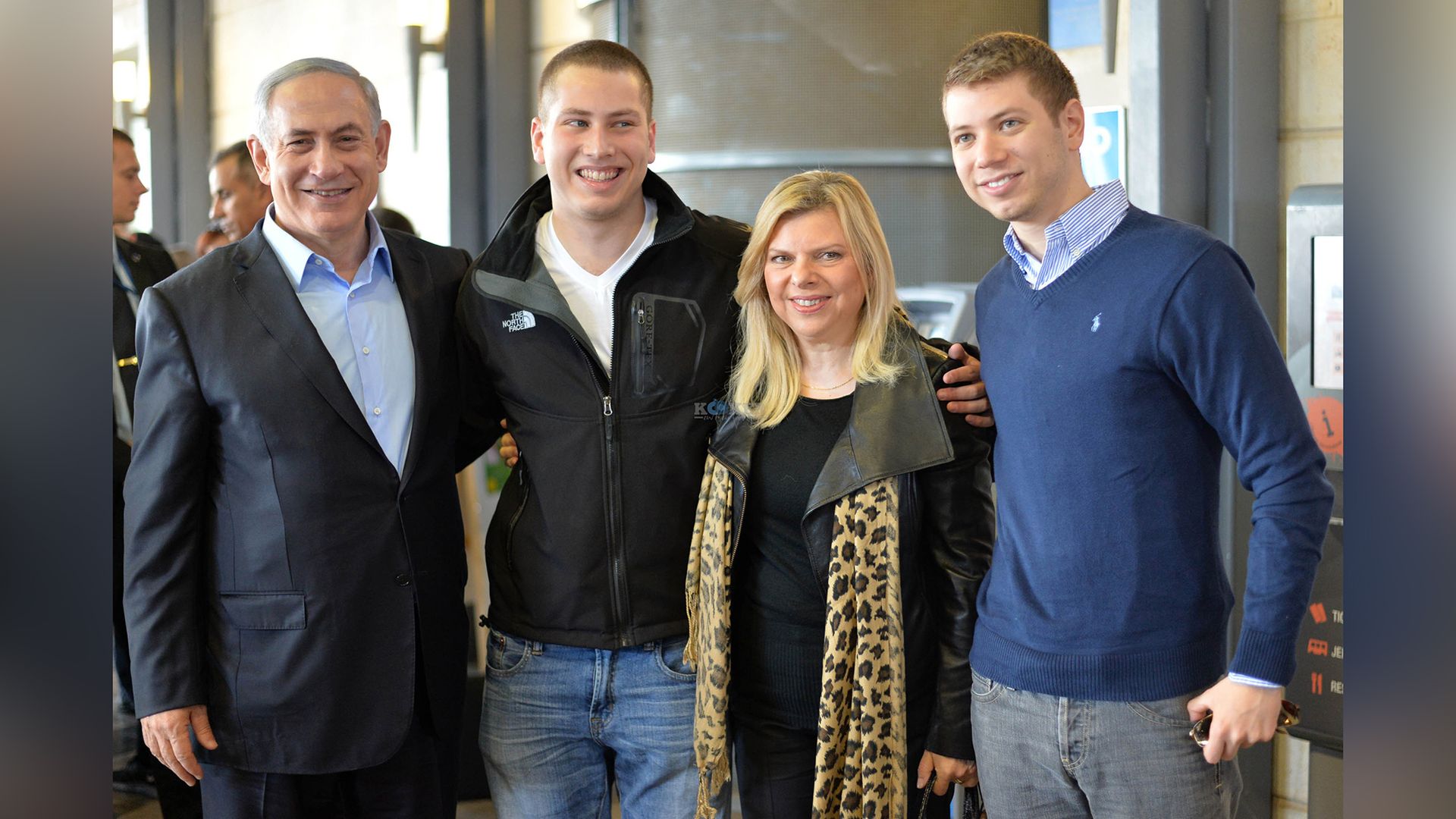
In summer 2023, amid protests against his judicial reforms, Netanyahu was hospitalized. Doctors initially cited dehydration, but later revealed he had heart problems. Doctors installed a pacemaker, and Netanyahu successfully underwent the procedure.
Benjamin Netanyahu Now
On October 7th, Hamas militants launched their attack on Israel. The attack caught both the military and civilians completely off guard. Israelis had trusted their intelligence services and the famous "Iron Dome" missile defense system.But during the first hours of fighting, residents near the Palestinian border had to defend themselves largely alone, without military or police backup. This sparked unprecedented criticism of Netanyahu.
The day after the attack, Netanyahu announced an offensive on Gaza and officially declared "alef 40" status, effectively acknowledging a state of war. The Israeli military then launched Operation "Iron Swords."
Some experts also believe government policies like diplomatic inaction and settlement building in Arab territories pushed Palestinians toward violence.
By October 11th, Israel formed an emergency government that included Netanyahu. This government would focus solely on wartime decisions and legislation.
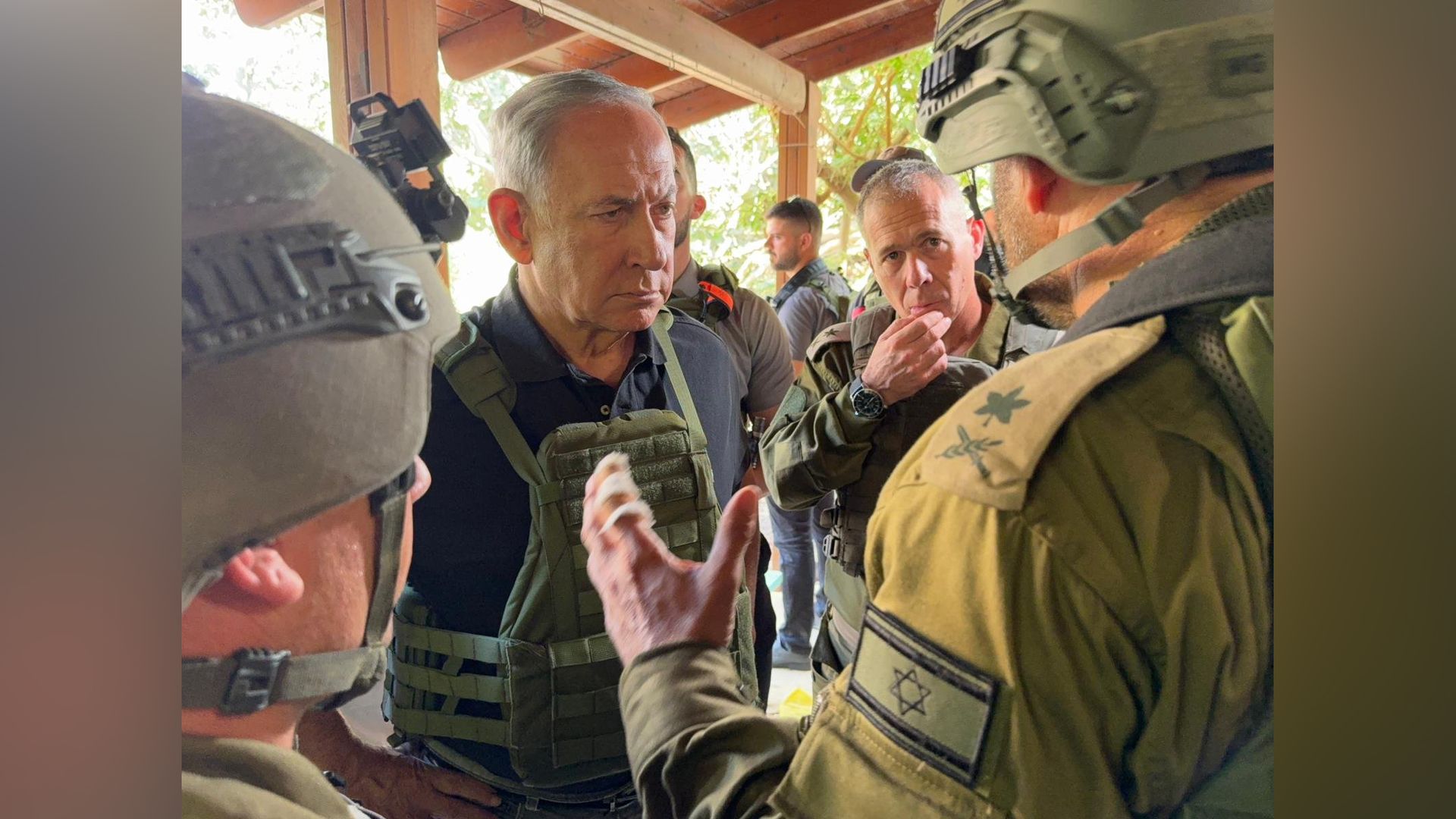
Found an error? Select the text and press Ctrl+Enter
Error in the text? Select it — a send button will appear
Publication Details
